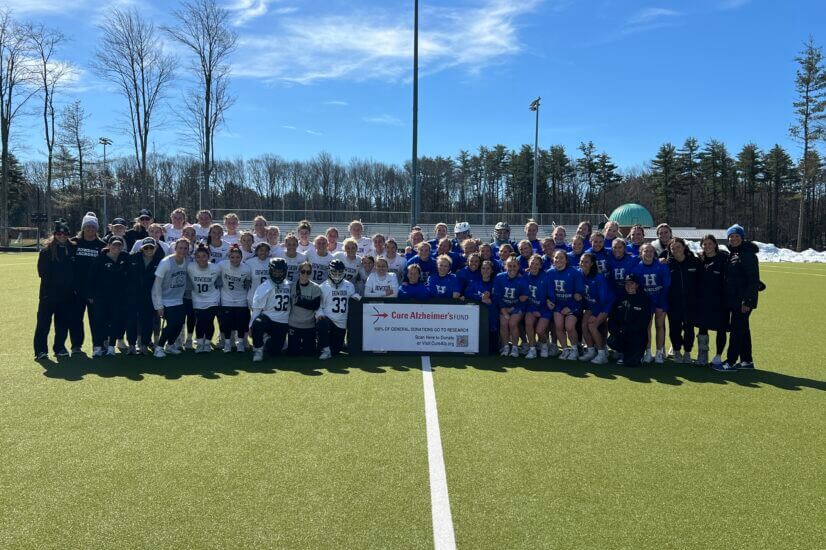
Posted April 4, 2012
Last week, Cure Alzheimer’s Fund Research Consortium chairman Rudy Tanzi was featured on NOVA in a segment concerning genetic testing. The special followed several cases of people affected by genetic testing, showing both its benefits and challenges. NOVA only briefly touched on Alzheimer’s disease, but provided a comprehensive explanation of how genetic testing works and how it can be used to better develop medical research, disease treatments and illness prevention.
As is often the case with genetic testing, many are torn over moral questions. Some wonder if knowing that a disease may come down the road is worth the heavy burden. What may be worse, as Tanzi points out, is being told that one could be susceptible to a disease that does not have any treatment.
Still, there are many medical benefits associated with genetic testing. Many diseases can be prevented through early detection and spurn healthier lifestyle changes. Another key advantage to genetic testing is its use for cancer treatment, which already is becoming effective for some types of melanoma treatment.
When it comes to genetic testing, one thing should be kept in mind: It is highly probabilistic and does not offer hard evidence. There are many factors that come into play with genetics, and just because a certain genetic mutation is evident, it does not mean that a person will necessarily get a disease. This is particularly true with the gene APOE-4, a gene associated with late-onset Alzheimer’s disease. As Tanzi explains, some people can have that gene and never get Alzheimer’s, and some who have Alzheimer’s do not have that particular gene.
As genetic research becomes more affordable and more easily accessible, Tanzi warns that many companies that advertise genetic testing only look at genes that confer risk, not genes that confer protection, do not take environmental considerations into account, and make assumptions based on incomplete data. This may result in inaccurate conclusions.
Watch Cracking Your Genetic Code on PBS. See more from NOVA.





